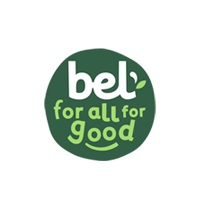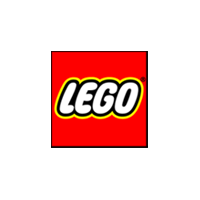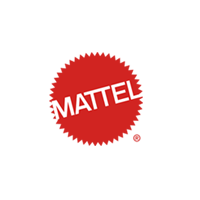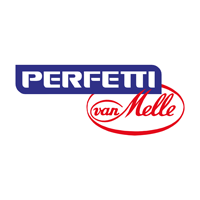Who we are
Brand owners, agencies and the media at a global level
Since 1996, the Responsible Advertising and Children (RAC) programme has brought together brand owners, agencies and the media at a global level to anticipate and understand societal and parental aspirations regarding responsible marketing communications and children.
Trust is critical to our industry, both to how we are perceived by society and how we communicate effectively with consumers. RAC’s role in helping build trust is to provide global leadership by championing good practices in marketing communications to children. This exercise is shaped by a continuous dialogue and engagement with policy-makers, society and consumers.
RAC keeps members up to speed with latest developments, engages with policy-makers and other stakeholders on priority issues, identifies emerging trends and concerns, draws up potential industry and company solutions, monitors member activities helping them steer clear of potential problems and drives “beyond compliance” programmes which help to future-proof companies’ ability to connect with younger consumers in responsible and sustainable ways.
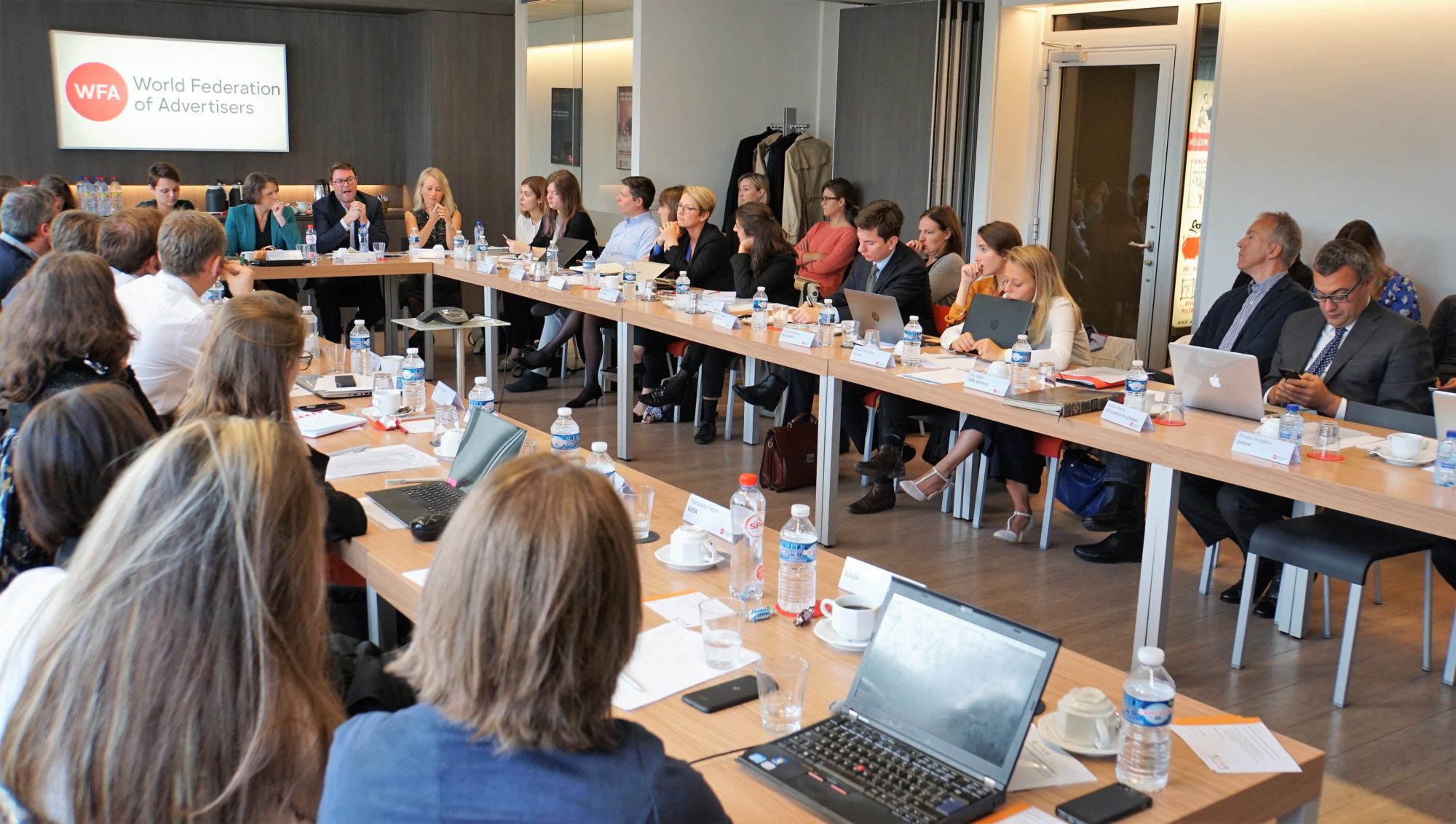
global brands who attend RAC quarterly meetings to address the issues of highest priority to brand owners
people globally are part of the RAC network and have a direct stake in the sensitive issue of marketing and children
How does RAC work?
Setting the right rules
RAC members support proportionate and sustainable statutory rules which frame how and what you can market to children. The group also champions advertising standards, which are monitored, policed and enforced independently in order to ensure an additional layer of consumer protection. It is RAC’s conviction that self-regulatory codes should complement rather than substitute statutory rules.
Beyond compliance
It is critical that brands which appeal to a child audience take a long-term, holistic view which takes into account the sensitivities around marketing to children. Such long-term strategies can be built around voluntary initiatives, such as those taken by IFBA member companies and EU Pledge signatories not to advertise certain products to children or support efforts to teach children to be media literate.
Media literacy
Children’s media habits have changed fundamentally with the uptake of new digital technologies. RAC supports the development of materials to be used by teachers to equip children with the skills to be critical of adverts. Materials are developed independently by academic experts in close collaboration with educational authorities. Media Smart has successfully taught over five million children in the EU.






